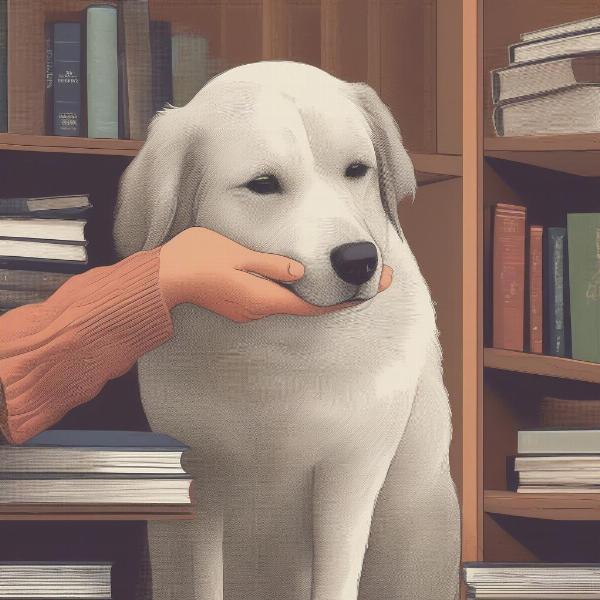The search term “wife knotted with dog,” along with variations like “wife knotted by a dog,” “dog knot,” and “wife dog knot,” raises serious concerns about animal abuse and bestiality. It’s crucial to understand that bestiality is illegal and harmful to both animals and humans. This article aims to address the potential reasons behind such searches and offer resources for help and support.
 Preventing Animal Abuse
Preventing Animal Abuse
While curiosity might drive some searches, others may indicate a deeper problem. Individuals struggling with harmful thoughts or urges related to animal abuse should seek professional help. Resources like the ASPCA and the Humane Society offer valuable information on animal cruelty and ways to report it. It’s essential to remember that animals are sentient beings deserving of respect and protection.
Why People Might Search for “Wife Knotted with Dog”
Several factors could contribute to searches for this disturbing phrase. It’s important to address these possibilities to offer appropriate support and resources:
- Misunderstanding of Terminology: Some individuals might stumble upon the phrase without fully grasping its implications. They may be searching for information about dog breeding or canine anatomy, inadvertently using inappropriate terminology.
- Curiosity and Misguided Exploration: Unfortunately, some searches might stem from morbid curiosity or a desire to explore taboo subjects. The anonymity of the internet can encourage exploration of disturbing content.
- Underlying Psychological Issues: In some cases, the search term could indicate underlying psychological issues that require professional attention. These issues could include sexual deviancy, a fascination with violence, or other mental health concerns.
Addressing the Issue of Animal Abuse
Regardless of the reason behind the search, it’s vital to emphasize the gravity of animal abuse and bestiality. Animals are vulnerable and cannot consent to sexual activity. Bestiality is a crime in most jurisdictions and causes significant physical and psychological harm to animals. If you suspect animal abuse, please report it to your local authorities or animal welfare organizations.
Recognizing the Signs of Animal Abuse
- Unexplained injuries or wounds
- Fearful or withdrawn behavior
- Reluctance to interact with humans
- Signs of neglect, such as malnutrition or lack of grooming
The Importance of Responsible Pet Ownership
Promoting responsible pet ownership is crucial to preventing animal abuse. This includes:
- Providing proper care: Ensure your pet has access to food, water, shelter, and veterinary care.
- Socialization and training: Socialize your pet with other animals and humans to prevent behavioral problems.
- Spaying/neutering: This helps control pet populations and can reduce unwanted behaviors.
- Educating yourself: Learn about your pet’s specific needs and how to provide a safe and enriching environment.
Conclusion
The search term “wife knotted with dog” is deeply concerning and highlights the importance of addressing animal abuse and bestiality. By providing resources, promoting education, and encouraging responsible pet ownership, we can work together to protect animals and prevent harm. If you or someone you know needs help, please reach out to the resources mentioned above.
FAQ
- Is bestiality illegal? Yes, bestiality is illegal in most jurisdictions.
- What should I do if I suspect animal abuse? Report it to your local animal control or law enforcement agency.
- Where can I find resources about animal welfare? The ASPCA and the Humane Society are excellent resources.
- How can I promote responsible pet ownership? Educate yourself about pet care, spay/neuter your pet, and provide a safe and enriching environment.
- What if I’m struggling with harmful thoughts towards animals? Seek professional help from a mental health professional.
About ILM Dog: ILM Dog is your trusted international resource for all things dog-related. We offer expert advice on dog breeds, health, training, nutrition, grooming, and much more. We’re dedicated to helping dog owners provide the best possible care for their furry companions. Contact us at [email protected] or +44 20-3965-8624 for expert guidance on dog care and product recommendations.